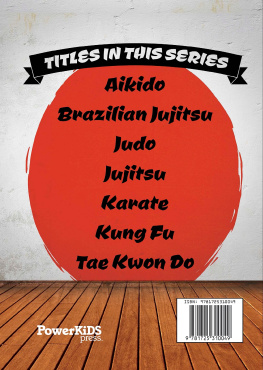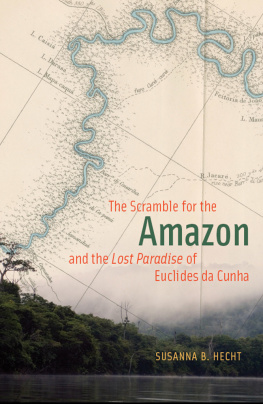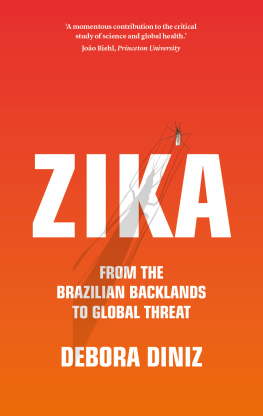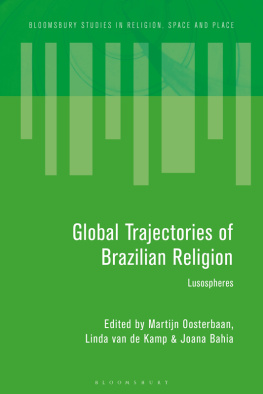CHAPTER VIII
LAST DAYS
I
The Defeated Resist
Something really extraordinary and completely unexpected happened. The devastated enemy suddenly came back with incredible vigor. The troops who had engaged with him from the beginning did not really know him. They had perceived him, until that day, as an astute antagonist, able to disappear in the labyrinth of trenches and lure him on, staunchly repelling the most violent charges, and peerless in his agility in surviving even the most unexpected attacks. They started to view him as a hero.
The dragnet of thousands of bayonets only motivated him and made him more aggressive in battle. And the battles continued from September 23 on, as intensely as before, striking out at all points in the circumference of the siege in a whirling, dizzying motion. The jagunos fought down the line, trench by trench.
It was like a huge wave breaking into a churning whirlpool. Dammed by the advance trenches to the east, it flowed back with a bright wake of gunfire toward Cambaio, crashing against the slopes that descend steeply to the river. Under direct fire from our mountain trenches it flowed north and then burst foaming on the bed of the Vaza-Barris until it swept over the stockades that formed a barrier on that side. There it roared south and the soldiers could see it rising and falling, in turbulent eddies, within the settlement itself. After crossing the river it rose up the outer spurs of Mount Favela, receiving fire the entire time, and then twisted noisily to the east, rushing at the left flank of the Fifth Bahian Police. Stopped here, it subsided at the barrier of the Twenty-sixth and then receded from this point to the center of the square in a twisting course. A minute later it broke against the black line. Hardly visible now in the glare of the fusillade, it surged north over the same places it had been before. Always repulsed, always attacking, the wave of jagunos kept crashing on and on, with the force of the ocean in a hurricane. Then it stopped. The furious storm was followed by sudden stillness. An absolute quiet fell on both camps. The army forces kept their battle formation but they were given a moment of rest.
Then the cannons boomed. They were firing at the new church. Above the broken cornices, figures could be seen hanging on to the swaying blocks of stone or dashing around in all directions. In addition to the spray of case shot, whole sections of the wall that had been battered by the artillery now fell on them. This was more than they could take and they were forced down, slipping and sliding like monkeys, running for cover in the rubble of the Sanctuary. But they would suddenly pop up again, somewhere on the line, and attack the trenches. Again they would be pushed back, and the cycle of rotating assaults would start over.
Those who before had cast aspersions on the burrowing enemy were now amazed. As in the former bad days, but more intensely now, they were throttled by fear. The displays of foolish bravery stopped. An order was issued that there would be no more bugle calls. The only call to arms was the one made by the enemy. The hills were depopulated and the men stopped strutting and prancing around in open defiance of the enemys bullets. Men of courage now crawled carefully through covered passageways, stooping and dashing across open areas. Communications again became very difficult. The supply trains were vulnerable to vicious attack the moment they crossed the hills along the Calumbi road. A number of supply men fell wounded on the last stage of the haul at the entrance of the camp.
The situation had suddenly become unnatural.
It was difficult to comprehend how the jagunos still had so many munitions after months of war. They did not ration them. On some occasions, in the pitch of battle it was as if a sustained howling wind was blowing over the camp.
The Mannlicher and Mauser made a smooth hiss; the Comblains had a vibrant hum; blunderbusses cracked as sharply as machine guns. There were projectiles of every kind flying over every point of the far-flung line: over the tents at headquarters, over the hills, to the protected Mount Favela pass where the supply train drivers and the wounded were quartered, over the trenches, along the winding riverbed and the deepest depressions. The fire burst through the leather tent flap of the field hospital and startled the patients and shattered glass vials in the pharmacy beside the hospital. The fire grazed the leafy huts and fell within a hair of the hammocks, shaking the exhausted fighters who were trying to catch a nap. It pounded like a rockslide against the walls of the engineering commission huts and first-column headquarters. It lashed the folds of the tents. It drenched the hillsides. The bullets cracked and ricocheted, bounced and slid into the schist folds, shattering them to splinters like grapeshot.
The battle was feverishly coming to a final climax that would end the conflict. But this spectacular show of resistance on the part of the backlanders made cowards of the conquerors.
The Prisoners
The first prisoners arrived on September 24.
The troops brought them in proudly. At first they had found just a few children, ages four to eight, who were straggling along the road and shaking with fear. A more extensive search of the occupied huts yielded a few women and wounded men. They were in terrible condition. One of them was barely conscious and had to be supported under the armpits by a soldier on either side. He had a deep scar on his chest from a saber wound. Another was the old dying half-breed who had tried to shoot at the soldiers. He looked like a disinterred corpse. Months ago he had suffered a stomach wound from a grenade blast. On his abdomen were two holes rimmed with red scar tissue, through which his intestines bulged. He could not even cry out. They left him in the shade of a tent in a state of agony he had probably been enduring for at least three months.
Some of the women offered interesting information. Villa Nova had escaped the settlement on the Vrzea da Ema trail. The people in the settlement had been hungry for some time, since all the supplies were given to the fighting men. The most important revelation was that the Counselor had not been seen in a long time.
Moreover, since all the exits were cut off, the villagers were starting to suffer from thirst.
That is all the information they could give. They were so weak that they were barely able to talk. One of them alone was not in the same debilitated condition as the rest. He had a sturdy build, was of medium height, and had broad shoulders. He was a perfect specimen of the backland Hercules found at sertanejo fairs. His bone structure was like iron and his prominent joints were gnarled and rigid. Everything indicated that he was a front-line fighter, possibly one of the warriors who had hung like acrobats from the cornices of the new church. Although he was white skinned he was sunburned and his face was covered with freckles. He wore a belt with an empty knife sheath dangling down to his knee. They had seized him in the middle of a fight. He had taken down three or four solders and would have been able to escape if he had not been wounded by a stray bullet that hit him in the right eye socket and knocked him out. They brought him trussed like a wild animal to the tent of the first-column commander. There they released their hold on him. He stood panting from the exertion of the fight. He raised his head. His good eye was sparkling and the wounded eye was full of blood. His expression was frightening. He stuttered and tried to say a few words, which they could barely understand. He took off his broad-brimmed leather hat and ingenuously motioned for permission to sit down.








